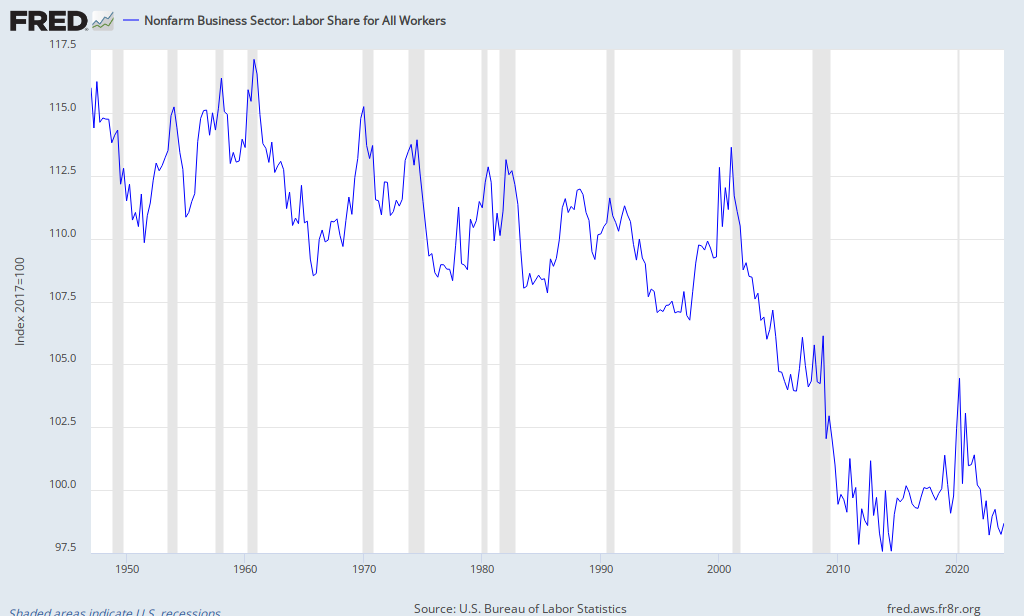 |
| Celebrating in Colorado: This is 2012, not 1967. |
Have you noticed that the American culture is undergoing a comparatively momentous set of changes? Well, of course you have. But let's review:
- We have a black president.
- Don't Ask, Don't Tell is rejected in favor of equal rights in the armed services.
- Same-sex marriage becomes the norm with complete federal support.
- Marijuana is legal in 20 states -- and the DOJ just announced they're backing off (they mean it this time).
- Health-care reform is coming despite grossly political opposition.
- The fiercely law-and-order culture begins to get tamped down, with stop-and-frisk declared unconstitutional and long mandatory-minimum sentencing likely on its way out.
- The NFL admits its sport is bad for brains and agrees to huge settlement for former players. Is the end to NCAA exploitation of "amateur" athletes far behind?
- Modest consumer-protection reforms are on-going.
- There's a growing movement to raise the minimum wage to a living wage, especially in the fast-food industry. Is retail next?
- Common Core, a national curriculum reform, offers a chance to sweep provincialism, anti-critical-thinking, and anti-science movements aside (except maybe in Kansas!).
- We might (many say will) have a female president in 2016.
 |
| The Millennials: solving the world's problems, one cell phone at a time. |
I could go on, and there are many areas -- like guns, race, and financial corruption -- where progress is slow, but even in these one senses a critical mass for change starting to take shape. Why is this? Possibly it's generational, with the "greatest generation" dying off and being replaced with the Millennials and the baby boomers stepping aside for Gen X.
 |
| Rick Perry's Texas in peril? |
I wish I could speak in depth to the international component of this trend, but we can go back to the end of apartheid in South Africa and the end of the Cold War and the liberation of Eastern Europe as harbingers, with the establishment of democracy in South Korea another early sign of Asian progress. Is a democratic Indonesia becoming a reality? We know the Arab Spring has reverted to an Arab Winter of discontent and violent upheaval with democracy unlikely to flourish and return to autocratic rule now all but certain, but it still represents progress and green sprouts of change.
We're seeing it across Latin America, too.
I find myself hopeful. Maybe it's because of the recent celebration of Martin Luther King Jr.'s "I Have a Dream" speech and the March on Washington, which reminded us all of how far we've come and how far we still have to go to achieve racial equality. The challenges of the first black presidency has had the effect of energizing the national conversation in all the areas of reform where we still lag.
 |
| Barack Obama: a turning point of sorts. |
No doubt Obama is a sign post, a symptom if maybe not a cure.
In the end, though, Barack Obama is part of the solution and not part of the problem. The forces that resist his centrist liberalism do hold back the nation. But not for long, I feel, not for long. The Obama era will be remembered as a major turning point in our cultural evolution. That in itself is a legacy.
 |
| Martin Luther King Jr.: He had a dream. What do we have? |











































